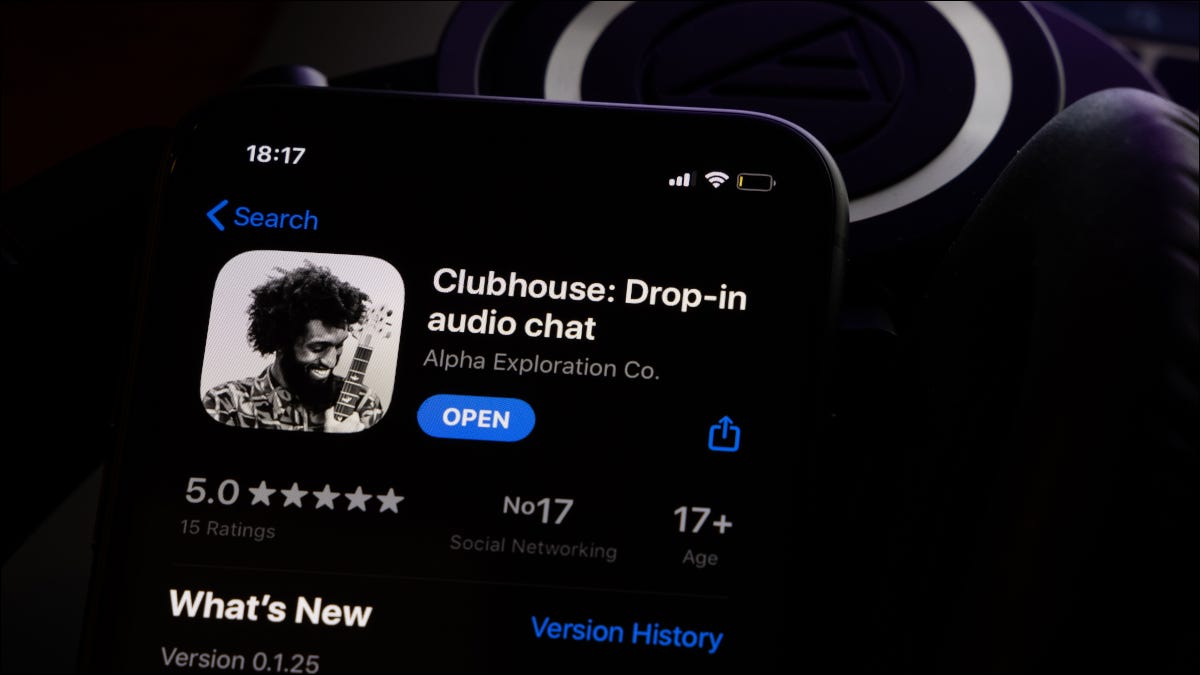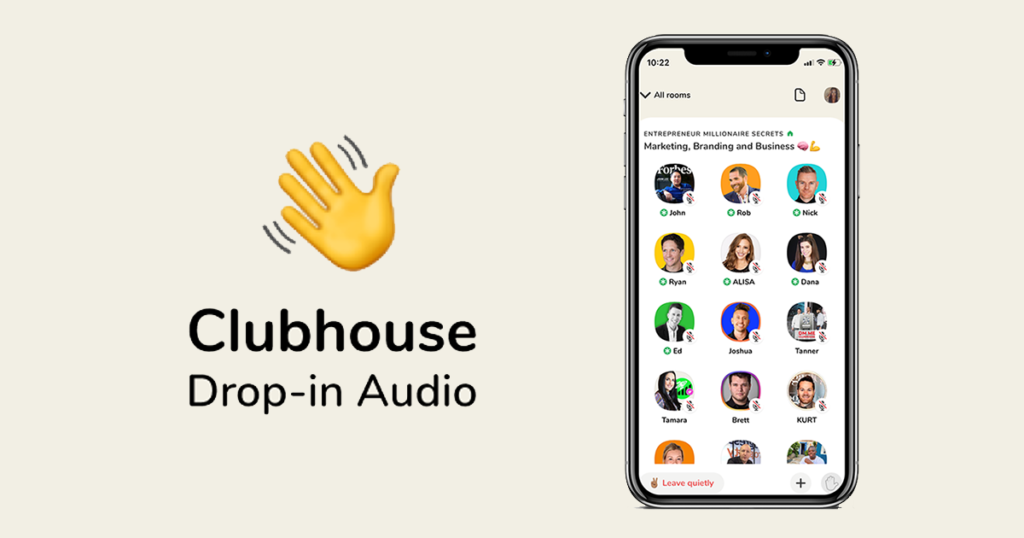
Audio chat rooms are gaining interest from tech giants
IOS is a very popular platform with around a billion users worldwide, with its features, security, space management and the Apple brand name itself contributing to its success. But Andriod is very much the global leader in smartphone technology. With over 24000 distinct android devices produced and global user numbers standing at 2.5 billion in 2021, it is easy to see why.
Perhaps that is why the developers of Clubhouse had to wait until May of 2021 to see their app finally explode. The audio chat room had been in existence since August 2020 but it took the developers that extra bit of time to develop the app for Android.
Maybe they should have developed it the other way around, but you cannot argue about the popularity it has gained in the time since.
Released into a world that was struggling to connect with each other because of a global pandemic, Clubhouse turned heads quickly and it wasn’t very long before people were engaged in dating to academic and social discourse through it.
The working of Clubhouse could be seen as an interactive upgrade on the podcast medium and a more informal take on platforms such as Zoom or Microsoft Teams.
Personalised and invite-only chat rooms could be made by anyone and like-minded people could sign into a chat room and audio chat with each other. You could simply listen in on the conversation and if you have something to speak, you could press “raise your hand” in your interface and wait for your chance.
Pretty crafty, isn’t it?
The Competition is Already Here!

The popularity and possibilities of social media have skyrocketed over the years and it is no surprise that corporates are governing their higher echelons now. Mark Zuckerberg’s Meta, formerly Facebook, leads the way in the sector with Twitter being an equally popular competition. Google has also ventured into the scenario with relatively less success.
Meta presently owns some of the most popular social media platforms out there including Facebook, Instagram and WhatsApp with the latter two being bought from their developers and added to the company.
With this track record of buying up the competition, it was expected that Zuckerberg would come for Clubhouse at some point. But the popularity of the platform has taken a hit since the initial boom, and naturally, the competitors have gone for a more cautious approach.
So, instead of buying Clubhouse, Meta released integrated audio chat rooms into its platforms. Facebook received a feature by the name Audio Room in June 2021 that has similar features to Clubhouse while Instagram’s “Live Rooms” received upgrades to make it usable like an audio chat room.
Twitter also followed suit, releasing an Audio Chat Room into the Twitter App by the name “Twitter Spaces” that enables Twitter users to indulge in audio chats and discussions.
Spotify, the music streaming app popular for its wide variety of podcast programs also took a hit with the Clubhouse boom with customers seemingly opting to take part in discussions rather than listen to them.
The launch of their “Greenroom”, an interactive audio chat room for music lovers to get in touch with each other was another step in the trend of companies adding audio chat room features to their apps rather than eliminating the competition.
What Next?

As mentioned earlier, Clubhouse has experienced a decline in downloads and users since its early boom. While lots of things could be attributed to this, one major factor that played a crucial role in it has been the relaxation of Covid protocols worldwide.
A major reason for the spike of Clubhouse was the opportunity to get together without actually getting together and engaging with others. As the world has opened up, interpersonal engagement has become a possibility again, and people seem to favour that more.
There is also the case of the popularity of the other social media platforms. With the added feature of inbuilt audio chatrooms, people seemingly have gone back to the updated versions of Facebook, Instagram and Twitter, leaving Clubhouse behind.
While the initial boom saw the app being held at valuations of up to 4 billion dollars, it looks as though the value of Clubhouse is in constant decline. With user numbers going down globally and other platforms seamlessly adding the entire features of the app into their platforms as add-ons, Clubhouse now faces the prospect of going down as an app that inspired an add on! Not entirely fair, but increasingly so!





